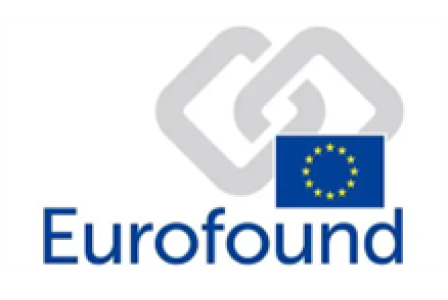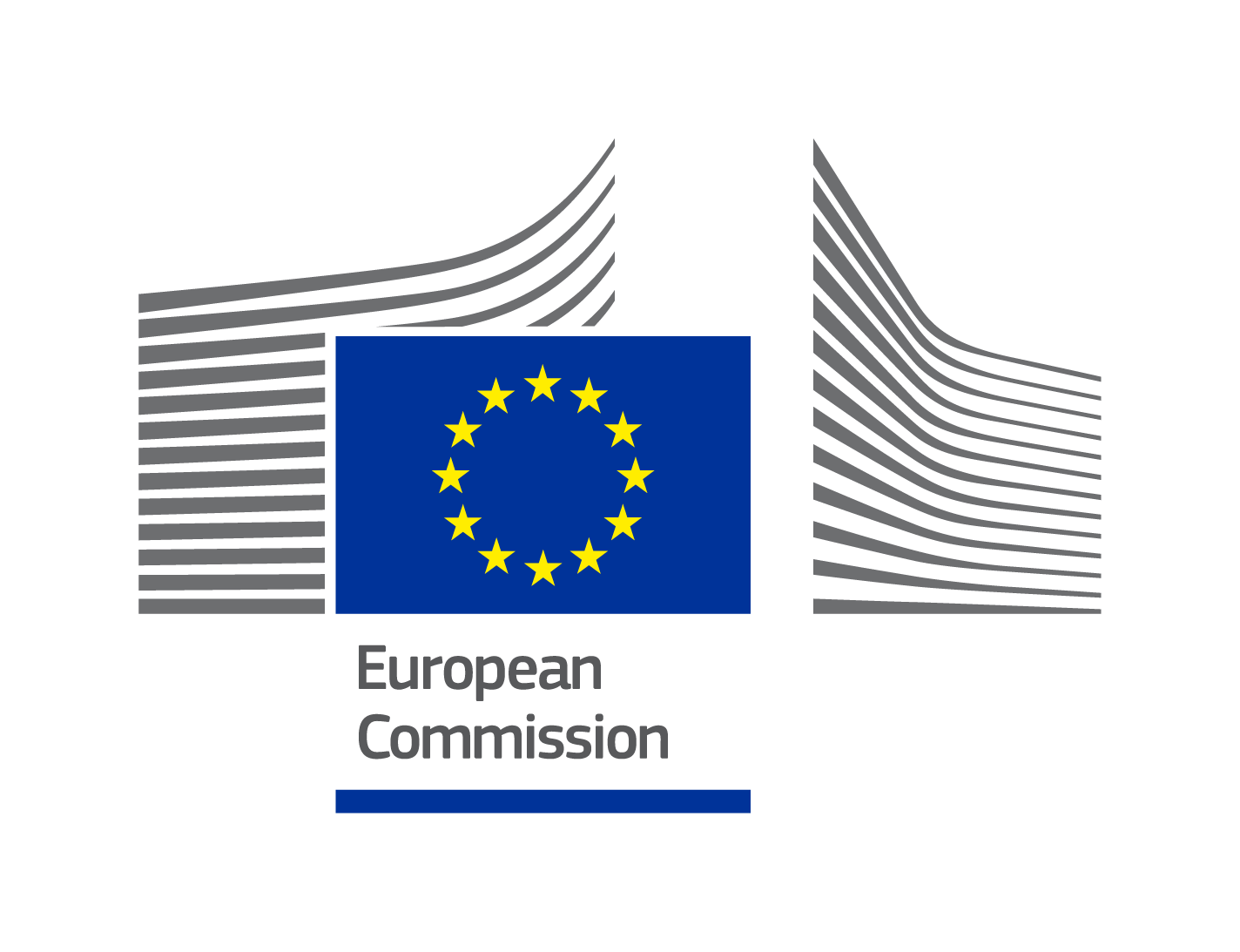Publications
29 July 2025
Representativeness of the European social partner organisations: Food and drinks sector – Eurofound - 2022 report
Publications
29 July 2025
5. Sustained, inclusive and sustainable economic growth, employment and decent work for all
6. Sustainable value creation in the European food supply chain through partnership
Login / create an account to be able to react
-
15

This study provides information allowing for an assessment of the representativeness of the actors involved in the European sectoral social dialogue committee for the Food and drink sector, namely the EU trade union association EFFAT and the EU food industry association FoodDrinkEurope. Among other information, it details how these associations are structured (report from 2022).
European Commission - DG GROW
Topics
EU-27
Academic / Research and VET Institutions
Business Support Organisation
Company with 250 or more employees
Cluster Organisations
Consumer Organisations
Cultural and Heritage Organisations
Destination Management & Marketing Organisations
EU Institutions
Financial Institutions and Investors
Industry Associations and Chambers of Commerce
International Organisations
Local Authorities
Media / Journalist Organisations
National authorities
Networks and Federations / Confederations
NGOs / Non-profits
Notified Bodies
Regional Authorities
SMEs (a company with less than 250 employees)
Social Economy Entity
Trade Unions
Other
-
CoC aspirational objectives
-
-
5. Sustained, inclusive and sustainable economic growth, employment and decent work for all
-
6. Sustainable value creation in the European food supply chain through partnership
-
Share
Eurofound's representativeness studies are designed to allow the European Commission to identify the ‘management and labour’ whom it must consult under article 154 of the Treaty on the Functioning of the European Union (TFEU). This series consists of studies of the representativeness of employer and worker organisations in various sectors.
This study provides information allowing for an assessment of the representativeness of the actors involved in the European sectoral social dialogue committee for the Food and drink sector. Their relative representativeness legitimises their right to be consulted, their role and effective participation in the European sectoral social dialogue and their capacity to negotiate agreements. The aim of Eurofound’s studies on representativeness is to identify the relevant national and European social partner organisations in the field of industrial relations in the EU Member States. This study identifies EFFAT – representing employees – and FoodDrinkEurope – representing employers – as the representative European-level social partner organisations in the food and drink sector.
The report concludes among other outcomes that EFFAT is the only representative European trade union organisation for the food and drink sector, and FoodDrinkEurope is the most representative European employer organisation for the food and drink sector.
Documents
Comments (0)
Related content
See also
Advancing Skills for the Agri-Food Ecosystem Partnership
- Categories
- 6. Sustainable value creation in the European food supply chain through partnership
Advancing Skills for the Agri-Food Ecosystem Partnership
- Categories
- 6. Sustainable value creation in the European food supply chain through partnership
Neglected and Underutilised Species (NUS): Potential for Food and Nutrition Security – a Knowledge Review
- Categories
- 2. Prevention and reduction of food loss and waste 3. A climate - neutral food chain in Europe by 2050 4. An optimised circular and resource-efficient food chain in Europe +3 more





